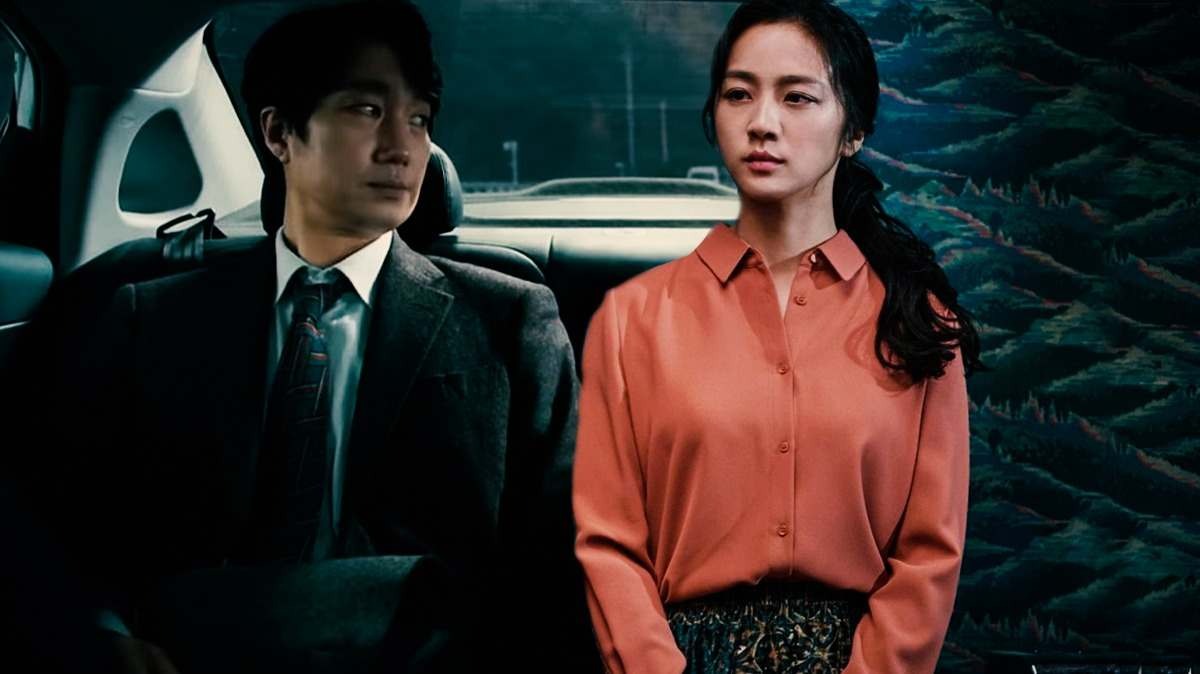Long before Korean culture gained global recognition, Park Chan-wook was already carving a niche for himself with groundbreaking films that brought international attention to South Korea’s cinematic landscape.
His “Vengeance Trilogy” from 2002 to 2005—comprising Sympathy for Mr. Vengeance, Oldboy, and Lady Vengeance—redefined the revenge genre by incorporating elements of globalization and European influences, solidifying his reputation as a global auteur and a regular figure at prestigious film festivals.
Over the next fifteen years, Park continued to build an impressive body of work. He ventured into diverse projects, including the psychological thriller Stoker and the critically celebrated The Handmaiden.

Beyond directing, he adapted The Little Drummer Girl for television and contributed to other Korean filmmakers’ success by producing Bong Joon-ho’s Snowpiercer and writing for Lee Kyoung-mi’s The Truth Beneath. After an eight-year hiatus, Park returned with Decision to Leave in 2022, a film that garnered widespread acclaim and won him the Best Director award at Cannes.
The Intriguing Story of Decision to Leave
The story begins in Busan, where Jang Hae-Joon, a dedicated but insomniac detective, investigates a mysterious death involving a man who appears to have fallen from a mountain.
Hae-Joon quickly becomes suspicious of Song Seo-rae, the victim’s wife, while simultaneously developing a romantic fascination with her. This emotional entanglement clouds his judgment, particularly as he struggles with another case and a strained marriage, given his wife lives elsewhere for work.
Hae-Joon starts surveilling Seo-rae’s home nightly, becoming consumed by his feelings for her. Their mutual attraction intensifies, leading him to dismiss her as a suspect and close the case.
However, their connection falters when a critical discovery reveals her culpability. A year later, Hae-Joon, now working in Ipo and dealing with routine cases, is drawn back into Seo-rae’s orbit when she reappears, this time as the widow of another man.
Unraveling the Ending
During the initial investigation, Hae-Joon learns Seo-rae orchestrated her husband’s death by pushing him off the mountain, leaving him devastated. Unable to reconcile his feelings with his duty, he distances himself and returns a tampered phone used in the crime, instructing her to discard it. When Seo-rae resurfaces in Ipo, another murder ensues, leading Hae-Joon to suspect her involvement once again.
Though a man confesses to the crime, claiming Seo-rae’s innocence, Hae-Joon uncovers new evidence implicating her. The climax discloses as Seo-rae, overwhelmed by the impossibility of their love, stages her own disappearance. She buries herself in the sand at a secluded beach, allowing the rising tide to consume her, leaving Hae-Joon heartbroken as he searches for her in vain.
The Tragic Implications
Seo-rae’s ultimate act of sacrifice underscores the depth of her love for Hae-Joon. Her decision to end her life stems from her unwillingness to let him suffer the pain of discovering her crimes again.
Through her actions and poignant words—“The moment you said you loved me, your love ended. And the moment your love ended, my love began”—she conveys the profound connection she felt, even as their relationship unraveled.
Her death transforms her into an unresolved mystery in Hae-Joon’s life, symbolizing her enduring presence in his thoughts. By choosing to disappear entirely, she ensures she remains an indelible part of his heart and mind, just as the incriminating phone he asked her to discard was meant to disappear forever.



